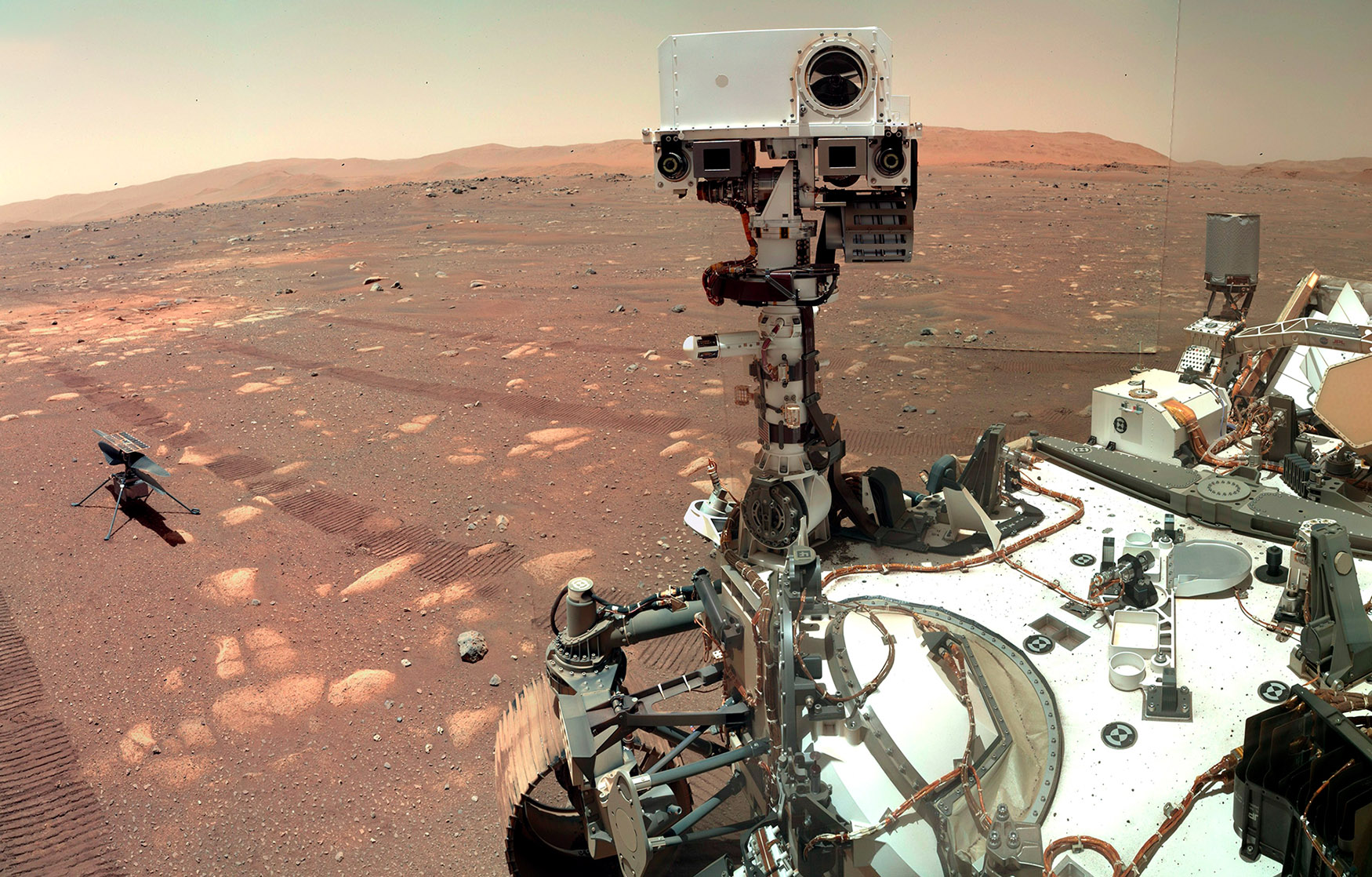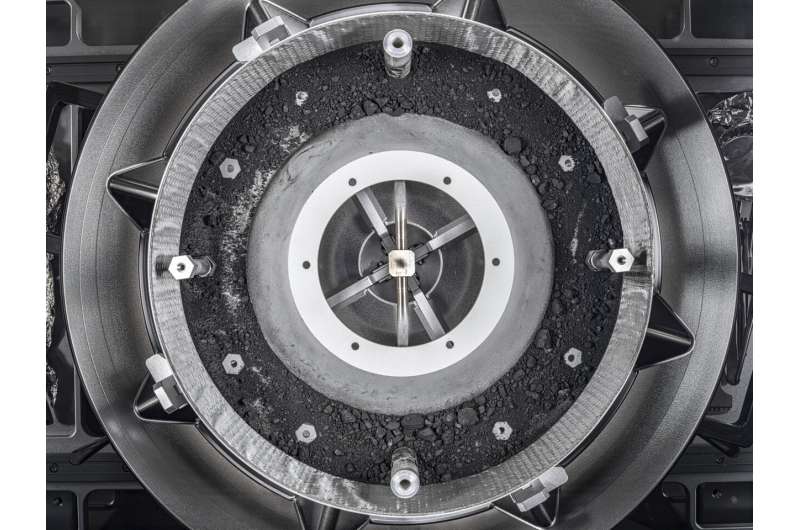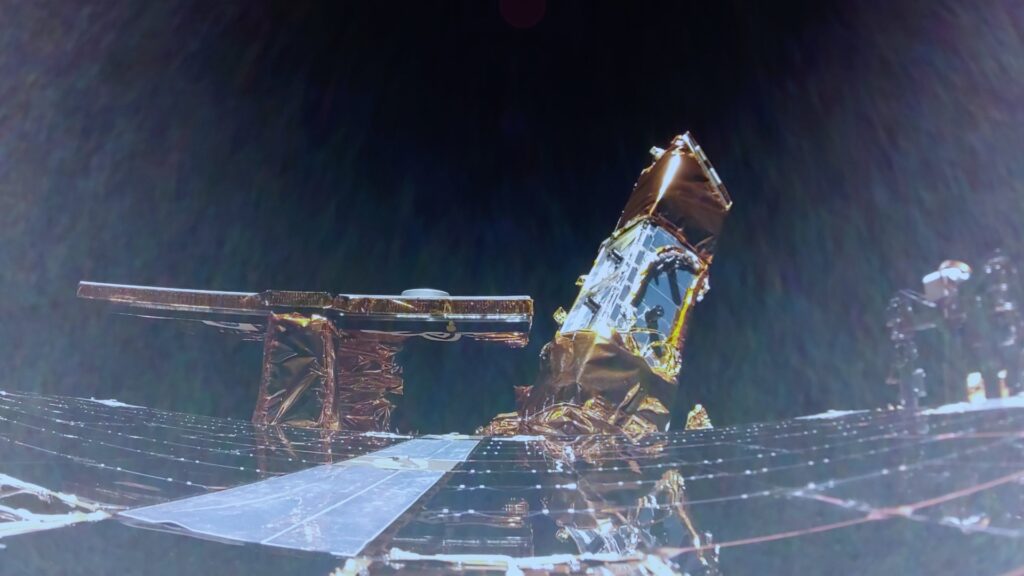NASA found a ‘zebra rock’ that is unlike anything else we’ve seen on Mars

NASA Space Technology
![]()
Published Sep 24th, 2024 8:56PM EDT

Image: NASA/JPL-Caltech/ASU
NASA has captured evidence of yet another striking object on the Martian surface. This time, the object is a somewhat funky “zebra rock,” which appears to be unlike anything else we’ve found on the Red Planet thus far.
What’s especially interesting about this rock, which NASA says was spotted by the Perseverance rover earlier this year, is the fact that it has a never-before-seen texture. Additionally, NASA scientists say that it appears to be igneous and/or created from a metamorphic process, which is likely responsible for the strips along the rock.
NASA has dubbed the zebra rock “Freya Castle,” thanks to its unique appearance. It measures around eight inches (20 centimeters) across and is loose from the bedrock around it. This suggests that the rock originated somewhere else and was likely carried here by some other means.

One possibility that NASA scientists have entertained is that the rock somehow rolled from further up the crater it was found within. As Perseverance continues its drive uphill, it is possible to find an outcrop that matches the newly discovered rock type, providing a place for scientists to gather more detailed measurements.
Tech. Entertainment. Science. Your inbox.
Sign up for the most interesting tech & entertainment news out there.
By signing up, I agree to the Terms of Use and have reviewed the Privacy Notice.
The hope is that the discovery of this zebra rock will be just one of many discoveries during the rover’s fifth mission across the Red Planet. Considering that the future of the Mars Sample Return is still very much in the air, NASA is looking for ways to get as much from Perseverance as it can.
Other discoveries could provide more details about the Martian surface, including more information about various lake sediments we’ve discovered, which could possibly hold microbial fossils. Of course, we’ll still need to wait for proper results to come back. But this rock does at least continue to fan the flames of excitement surrounding Martian exploration.
Discover more from Tamfis Nigeria Lmited
Subscribe to get the latest posts sent to your email.



 Hot Deals
Hot Deals Shopfinish
Shopfinish Shop
Shop Appliances
Appliances Babies & Kids
Babies & Kids Best Selling
Best Selling Books
Books Consumer Electronics
Consumer Electronics Furniture
Furniture Home & Kitchen
Home & Kitchen Jewelry
Jewelry Luxury & Beauty
Luxury & Beauty Shoes
Shoes Training & Certifications
Training & Certifications Wears & Clothings
Wears & Clothings
















